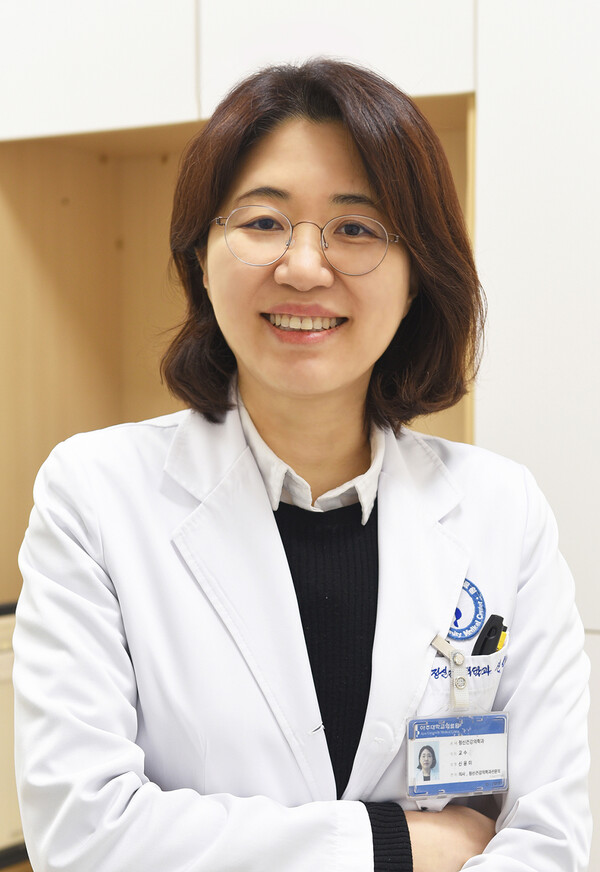Ajou University Medical Center said its psychiatry department proved that a new Korean interview tool was useful to diagnose mental health status in school-age Korean children.

The research team, led by Professor Shin Yun-mi at the Department of Psychiatry at Ajou University Medical Center, published the results of the study on the validation of the Korean version of Kiddie Schedule for Affective Disorders and Schizophrenia for school-age children (KSADS-COMP).
KSADS-COMP is an interview tool developed in the U.S. and used in more than 30 countries in different languages. To suit the Korean situation, Professor Shin’s team translated KSADS-COMP and came up with the Korean version.
To assess whether the Korean version of KSADS-COMP was useful to diagnose the mental health status of Korean young children and adolescents, the research team compared the standard diagnoses made by 41 pediatric psychiatrists with the KSADS-COMP diagnoses.
The results showed that the two demonstrated high concordance ratings, confirming the usefulness of KSADS-COMP in Korean youths.
In particular, the new interview tool showed excellent accuracy in diagnosing not only suicidal thoughts but also comorbidities which were difficult to detect by the existing general interview tools.
The research team said KSADS-COMP’s accuracy stemmed from its coverage of a wide range of mental disorders, including mood disorders, psychotic disorders, anxiety disorders, developmental disorders, behavioral disorders, eating disorders, trauma-related disorders, and alcohol and substance use disorders.
In KSADS-COMP tests, psychiatrists conduct an unstructured introductory interview (on demographic variables, past history, children's interests, and adaptive ability), screening interview, and interview with supplementary materials for diagnosis, sequentially, using a computer rather than paper.
“Amid increased attention on pediatric mental illnesses, we confirmed that KSADS-COMP, an advanced tool, was useful for discovering child and adolescent mental disorders that require treatment such as depression and obsessive-compulsive disorder,” Professor Shin said.
“We are using it in clinical care including an epidemiological study. As we published its usefulness in a renowned international journal, it will be used more widely,” she added.
The study, titled, “Validation of the Korean self-administered computerized versions of the kiddie schedule for affective disorders and schizophrenia for school-age children (KSADS-COMP),” was published in the March issue of the Asian Journal of Psychiatry.

